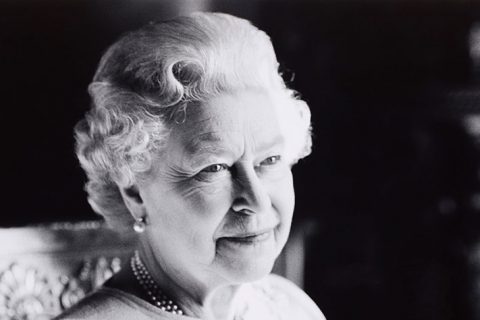People living and working in the Avon Fire & Rescue Service (AF&RS) area are being urged to reduce the risk of fire in their properties following the confirmation of a national strike by firefighters.
In an on-going dispute with the government over pensions, the Fire Brigades’ Union (FBU) has announced a four-hour walkout on Wednesday 25th September from 12 noon to 4pm.
During the strike, a skeleton service will operate from six strategic locations across the AF&RS area. Fire cover will be provided in the main by firefighters who are not part of the FBU. They will work alongside a small number of auxiliary firefighters who have received training to provide basic support to fully qualified crews.
Due to the reduced service AF&RS will be prioritising calls to emergencies where there is a risk to life.
Chief Fire Officer Kevin Pearson said:
“This is a national dispute over which Avon Fire Authority has no control. Although we have contingency arrangements in place, the reality is we will not be in a position to provide the excellent emergency response we usually do.”
“In the lead up to and during the strike I would ask local people to take steps to ensure their homes and businesses are as safe as possible. Although it’s good practice anytime it’s particularly important during a period when our emergency response capability will be reduced.”
“Accidents do happen but it is possible to reduce the risk and the impact of a fire in the home by taking extra care not to leave cooking unattended, making sure you check smoke alarms are working and rehearsing escape routes with the whole family.”
“Business owners and managers should also be aware of their responsibilities to staff and customers under the Regulatory Reform (Fire Safety) Order.”
“Although we will be prioritising calls our advice remains the same – if you have a fire you should get out, stay out and call 999.”
Avon Fire & Rescue Service is recommending the following ten tips to help people stay safe during the national strike:
1. Fit smoke detectors on every level of your home
Smoke alarms provide you with vital early warning of a fire, giving you and loved ones the time to escape. Check your detectors have batteries and that they are working. Only a working smoke detector will save your life.
2. Make an escape plan and practice it with all the family
In a fire you may have to escape in thick smoke and total darkness. Make sure everyone in your house knows the plan and has practiced it.
3. Take extra care when cooking, particularly with hot oils
The majority of fires we attend are caused by accidents in the kitchen. Avoid getting distracted and never leave cooking unattended.
4. Dispose of cigarettes carefully and don’t smoke in bed
Carelessly discarded cigarettes are responsible for most deaths in house fires in the UK. When you have finished smoking, put it out, right out.
5. Be careful when using candles and tea lights
Always use a suitable holder and blow out any lit candles when you leave the room. Candles can easily set fire to curtains or furniture and tea light metal holders get hot enough to burn the surface they are on.
6. Make sure matches and lighters are kept away from children
Children can be curious about fire and often know where to find matches even if you think they are hidden.
7. Do your bit to help vulnerable friends, family and neighbours
Some people may need extra help to stay safe from fire. Your visit could save a life.
8. Reduce the risk of road traffic collisions
When driving, keep to the speed limit, don’t drink and drive, always wear your seatbelt and make sure your vehicle is properly maintained.
9. Business owners should check their premises are safe from fire
As a business owner or manager you have a responsibility for the fire safety of your staff and customers so make sure you check your plans.
10. Get out, Stay out, Call 999
Don’t try to tackle fires yourself as fires can get out of control very quickly. Leave the building as quickly as possible and call 999.
For more fire safety advice, visit: www.avonfire.gov.uk




